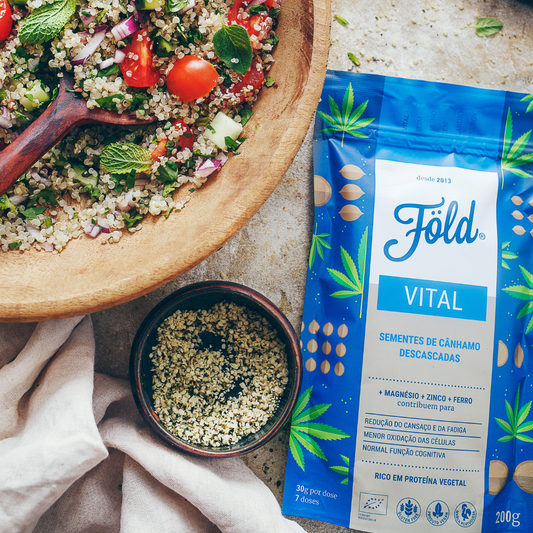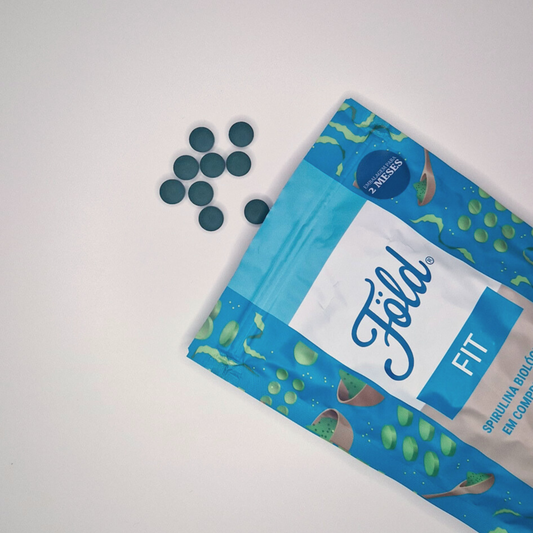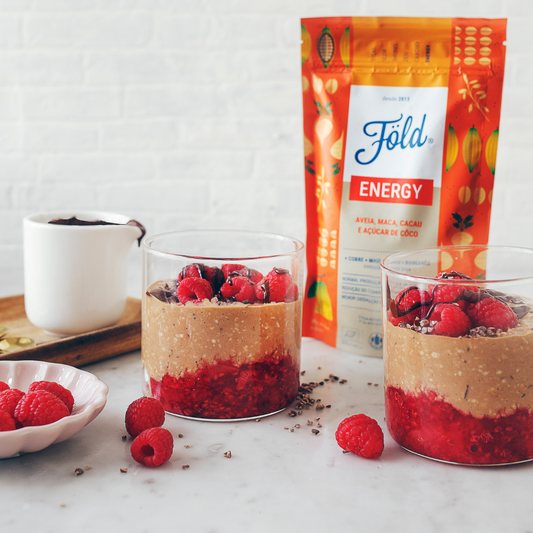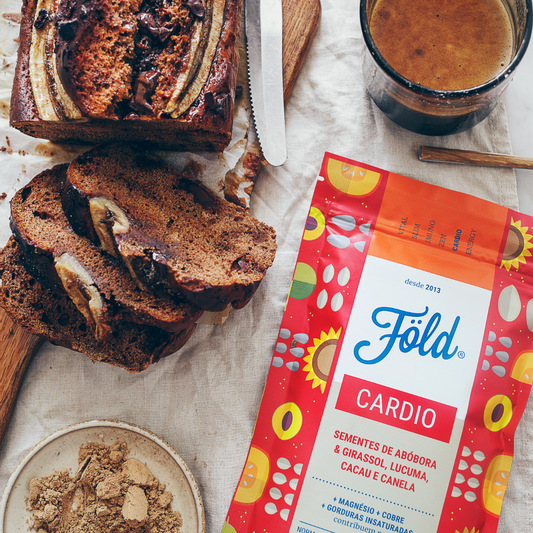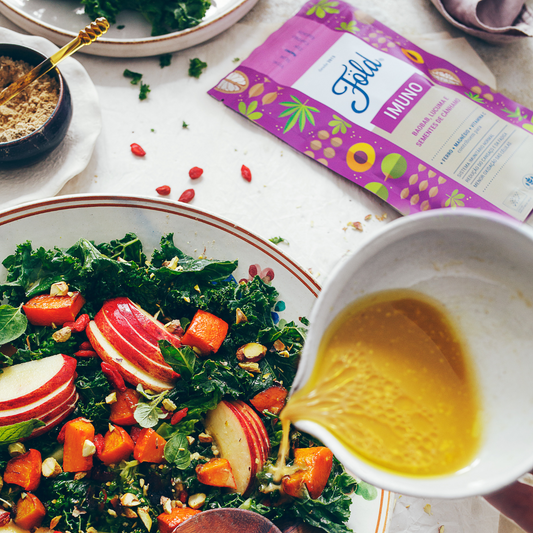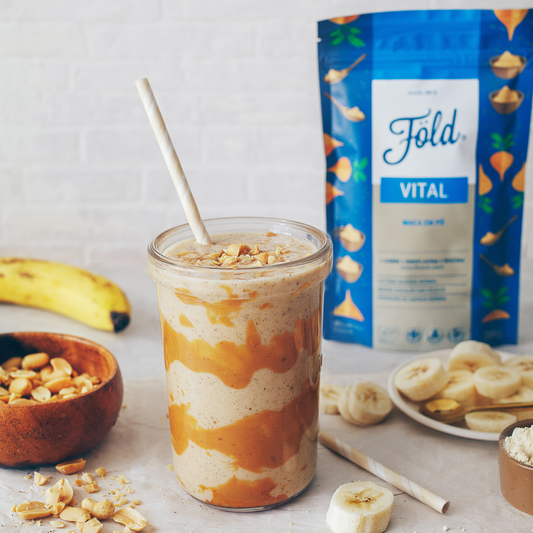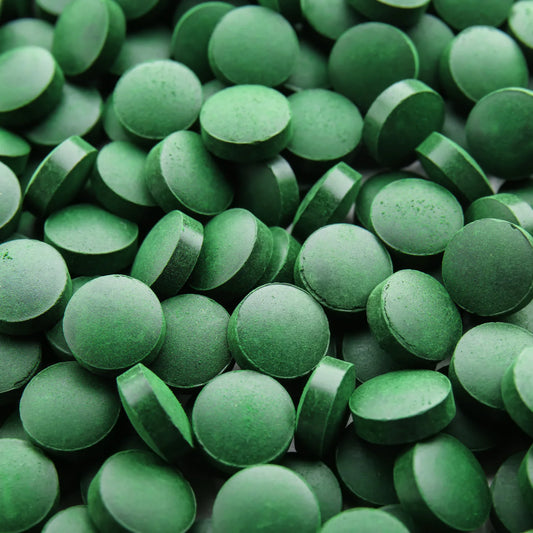Cholesterol is a type of fat that circulates in the blood, linked to a protein, used to produce cell membranes and some hormones. In fact, cholesterol is the sum of different types of density: HDL, LDL and VLDL, with the body producing more of the one that, consequently, needs more.
So what are HDL, LDL and VLDL?
LDL - Low-density lipoproteins or “bad” cholesterol
This type of cholesterol is considered “bad” because it creates deposits on the walls of the arteries, forming fatty plaques, which causes atherosclerosis. Over time, it is possible that these hinder or prevent normal blood circulation, causing angina or even a heart attack. Thus, the higher the LDL level, the greater the risk of developing cardiovascular diseases.
HDL – High-density lipoproteins or “good” cholesterol
This type of cholesterol is known to help remove excess “bad” cholesterol from the blood. In other words, the higher the HDL level, the lower the risk of developing heart disease.
VLDL - Very Low Density Lipoproteins
This last type of cholesterol, similar to LDL, carries more triglycerides, another type of fat present in the blood. In other words, it carries a higher level of fat and less protein. Thus, high levels of VLDL can cause more fat to accumulate in the arteries, leading to a greater risk of cardiovascular disease.
Cholesterol can increase due to several factors, and when it is in excess, it hinders blood flow to the body's organs and tissues, creating a greater risk of developing cardiovascular diseases. There are no immediately visible symptoms of high cholesterol, and it is therefore essential to avoid risk factors that could increase cholesterol levels in tests. Some factors that can increase cholesterol values are:
- Smoking and drinking excessive alcohol
- Diabetes
- Pregnancy
- Ovary extraction
- Eat a diet rich in saturated fats and processed foods
- Obesity
- Not exercising
- Familial hypercholesterolemia - an inherited genetic disease
- Hypothyroidism - thyroid disease
What are the recommended cholesterol values?
In the case of total cholesterol, normal values must be less than 190 mg/dL (in people without risk factors or other diseases).
As for “bad” cholesterol (LDL), the values must be below 115 mg/dL.
Regarding “good” cholesterol (HDL), it is recommended that values be higher than 40 mg/dL in men and 45 mg/dL in women.
These values considered “normal” may vary in the case of people suffering from diabetes and cardiovascular diseases, with total cholesterol values being less than 175 mg/dL and “bad” cholesterol (LDL) values being less than 100 mg/dL. .
A healthier lifestyle helps reduce cholesterol levels
Adopting healthy habits has a great impact on our lives, and even in people with cardiovascular diseases, there are ways to reduce “bad” cholesterol and prevent future problems.
The part of cholesterol that is produced by our body corresponds to 75%, with the remaining 25% coming from our diet. Therefore, it is essential to adopt a healthy and balanced diet in your daily life.
The diet should be low in fats, especially saturated fats, trans fats and sugars. However, some foods with saturated fat, such as dark chocolate, salmon and coconut, as they are rich in fiber, vitamins, Omega-3 and antioxidants, reduce the damage caused by saturated fat in our body.
Some foods that should be included in your diet are:
- Foods rich in soluble fiber such as oats, wholemeal bread, brown rice, wholemeal flour, beans, grains and lentils.
- Fruits and vegetables, rich in fiber.
- Dried fruits such as almonds, peanuts, walnuts, among others, are rich in polyunsaturated acids that promote the increase in good cholesterol (HDL).
- Skimmed milk and dairy products
- White meats like chicken, fish and turkey.
- Fatty fish such as salmon, tuna and sardines are rich in Omega-3, which reduces triglycerides in the blood.
You should also drink the recommended amount of water of 2.5L daily. And combine this healthy diet with physical exercise, which helps to increase “good” cholesterol (HDL) levels and reduce “bad” cholesterol (LDL).
Do you want to help control your blood pressure levels?
Try Föld Cardio Sementes & Lucuma and Föld Energy Snack !





